The Guitars of Jimmy Page
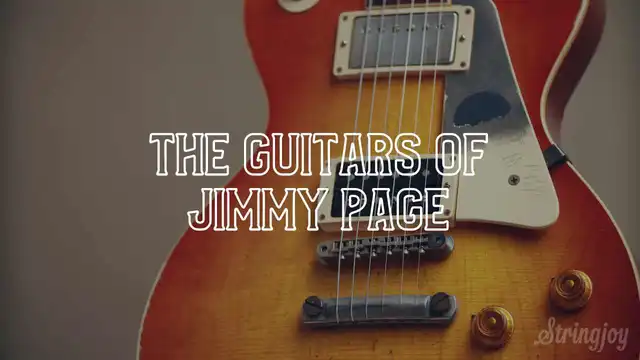

Jimmy Page is one of the most iconic, influential, and recognizable guitarists of all time. The music he made with the Yardbirds and Led Zeppelin is still considered some of the best rock ever, and he continues to serve as a primary influence for generation after generation of guitarists.
In addition to his music, people continue to obsess over Jimmy's gear. From cheap acoustics to high-end electrics, Page played just about every type of guitar there is. Let’s take a look at the specific guitars that helped to shape the legend of Jimmy Page.

Pre-1966
This list is based on a rough timeline of when certain guitars entered Jimmy's collection and the eras in which he utilized them.
Hofner President
According to Page himself, his very first guitar was a Hofner President archtop, purchased for him by his father.
Hofner Presidents were cheap archtops, but served as a good guitar for Page to get started on. He played this in some of his earlier bands as a teenager, as well as on his first TV appearance in 1957 at the age of 13.
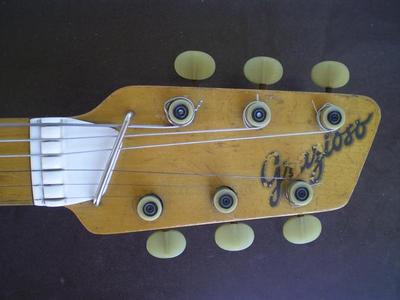
1950s Futurama Grazioso
The first electric guitar and first guitar Page bought himself was a Futurama Grazioso. These guitars were Czechoslovakian and were imported into the UK as a budget alternative to Hofner.
Futuramas are vaguely Strat-like, featuring three single coil pickups and a tremolo bar. Instead of a traditional pickup selector though, they had three large switches that scream 50s/60s.
Despite being fairly unknown today, these guitars were ubiquitous in the early 60s and were employed by some up and coming legends in addition to Page, including George Harrison in the Beatles' Hamburg days, as well as a young Eric Clapton.
Gretsch 6122 Country Gentleman
According to the book “No Quarter: The Three Lives of Jimmy Page,” Page used a Country Gentleman at least once while playing with Neil Christian & the Crusaders.
Other than that, basically nothing is known about this guitar outside of the basic Country Gentleman specs. There aren’t any photos of Page with this guitar, and he hasn’t referenced it in any interviews.
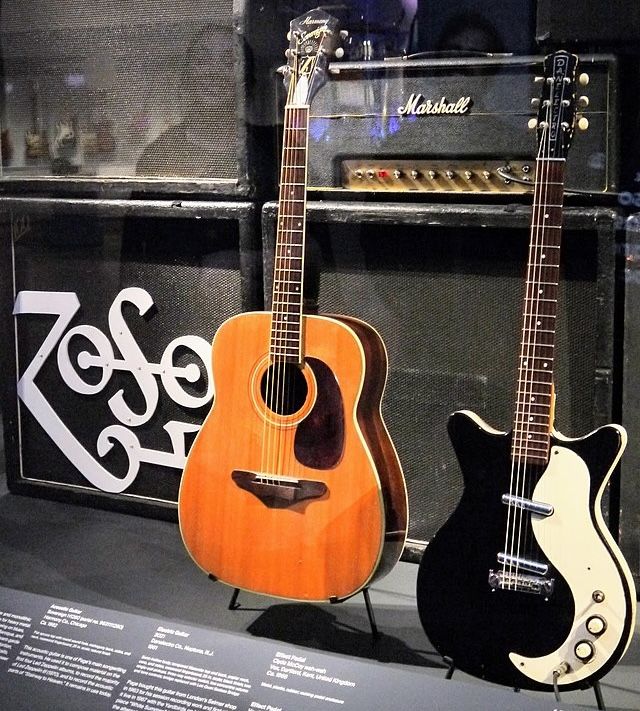
1962 Harmony Sovereign H1260
Page acquired this guitar at some point in the early to mid 60s and used it consistently into the early 70s. It was used on Led Zeppelin III and IV, meaning it’s featured on countless Led Zeppelin classics.
Though Harmony is mostly known for their low-end "catalog" guitars, they did make some nicer stuff back in the day. The Sovereign is one example, and it was clearly good enough for Page.
1966 - 1970
It was during the mid 60s that Page began to establish himself as a go-to session whiz and guitar hero.
“Dragon” - 1959 Fender Telecaster
Page’s 1959 “Dragon” Telecaster is easily one the most iconic instruments he ever played. When Jeff Beck recommended Page for the Yardbirds, he also gave him this guitar as a gift.
Originally it was white, but Page adhered eight mirrors to the body in 1967. Funnily enough, Syd Barret of Pink Floyd did the same with this Telecaster at one point. However, the guitar we recognize today as the Dragon Tele came about when Page removed the mirrors, stripped the paint, painted it yellow, and added the Dragon painting himself.
This guitar saw a lot of use with the Yardbirds as well as early Led Zeppelin. It was the main guitar used on Zeppelin’s debut, and it also saw some use on Led Zeppelin II and III. On top of that, it was the guitar used for the “Stairway to Heaven” solo.... meaning it holds within it possibly the most revered guitar tone of all time.
Sadly, the guitar was not well preserved. It was repainted a second time in such a way that damaged the electronics. The guitar was ultimately decommissioned and the neck would later be salvaged for another one of Page's Teles.
The guitar was fully restored in 2018, resulting in a collaboration with Fender to release two signature Jimmy Page Telecasters, one of the Dragon Tele and another of the earlier Mirror Tele.
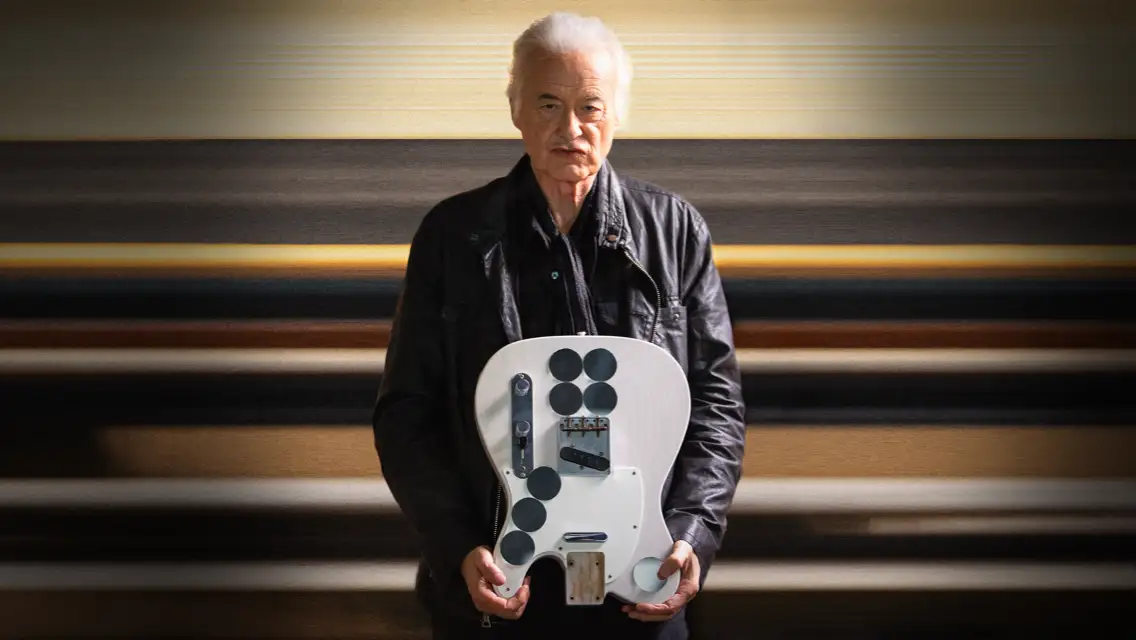
“Shorthorn” - 1961 Danelectro DC-2 3021
Page acquired this guitar at some point in the mid 60s, using it with both the Yardbirds and Led Zeppelin. It’s a fairly standard Danelectro for the time with two lipstick pickups, a three way switch, and volume/tone knobs.
Most Zeppelin fans will likely recognize this guitar for its use on “Kashmir.” Page used this guitar on-stage with Zeppelin often in the mid to late 70s, mainly for songs with alternate tunings. It may not have been one of his main guitars, but it is entirely synonymous with Page at his most legendary.
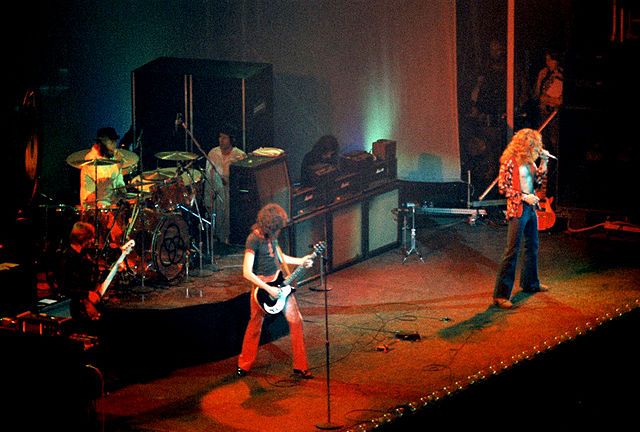
“Black Beauty” - 1960 Gibson Les Paul Custom
Most know Page for his Les Pauls, and this 1960 Black Beauty Les Paul Custom was his very first. He supposedly acquired this guitar in the early 60s, possibly trading his Gretsch for it, but little is known about its exact origins.
The Custom guitar was used by Page frequently when he was a session musician in early to mid 60s. He had this guitar for the recording of the early Zeppelin albums, but the only song we can be certain it was used on is “Whole Lotta Love” - which alone would make it pretty dang legendary.
The guitar itself features three PAFs, Grover tuners, and a Bigsby. Page made some modifications throughout the years, adding independent pickup switches that allowed him to quickly turn pickups on or off. He also swapped out the neck and bridge pickups for Seymour Duncan Humbuckers.
Sadly this guitar was stolen in 1970 while Zeppelin was on the road. Page supposedly ran an ad in Rolling Stone looking for it, but he got no responses. There is a happy ending though: Page was reunited with the guitar in 2015.
Gettin' Jimmy with It
From Teles to Les Pauls, we've got the strings that'll help you replicate JP's iconic tones

Stringjoy 9-42 Balanced Super Light Gauge Signatures - Nickel Wound Electric Guitar Strings
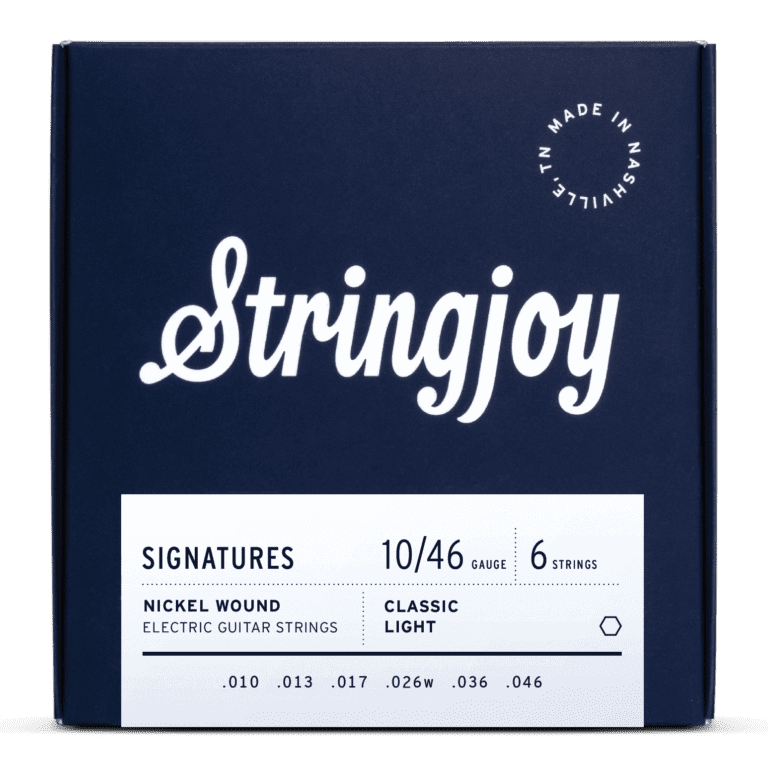
Stringjoy 10-46 Classic Light Gauge Signatures - Nickel Wound Electric Guitar Strings

Stringjoy 10-46 Classic Light Gauge Broadways - Pure Nickel Electric Guitar Strings
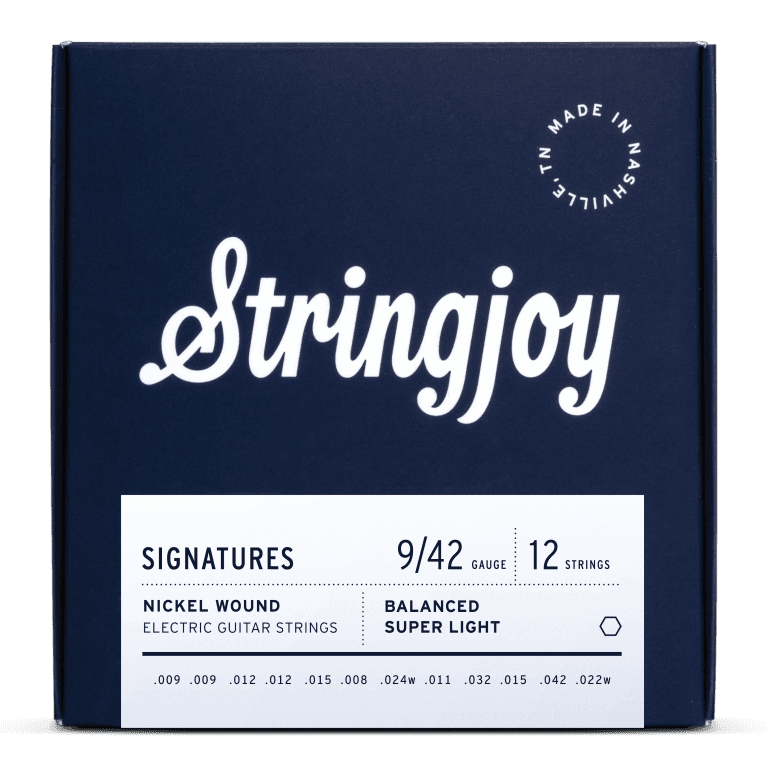
Stringjoy 9-42 12-String Balanced Super Light Gauge Signatures - Nickel Wound Electric Guitar Strings

Stringjoy 9.5-46 Balanced Super Light Plus Gauge Orbiters - Coated Nickel Electric Guitar Strings

Stringjoy 11-52 Super Light Gauge Naturals - Phosphor Bronze Acoustic Guitar Strings

Stringjoy 9-40 Classic Super Light Gauge Broadways - Pure Nickel Electric Guitar Strings

Stringjoy Single String Signatures - Nickel Wound Electric Guitar Strings

Stringjoy Custom 6 String Signatures - Nickel Wound Electric Guitar Strings
1967 Vox Phantom XII
Though Page is well known for his Les Pauls, he’s also synonymous with 12-strings. The Vox Phantom was Page’s first 12-string and another guitar he acquired during his time as a session guitarist. He used this with the Yardbirds as well as Led Zeppelin on the songs “Livin Lovin’ Maid,” “Thank You,” and “Stairway to Heaven.”
1965 Fender Electric XII
Page also used a 1965 Fender Electric XII. According to Page, he used the Vox until he got this guitar. However, he ended up using both on “Stairway to Heaven.” The Fender Electric XII was also used on “The Song Remains the Same.”
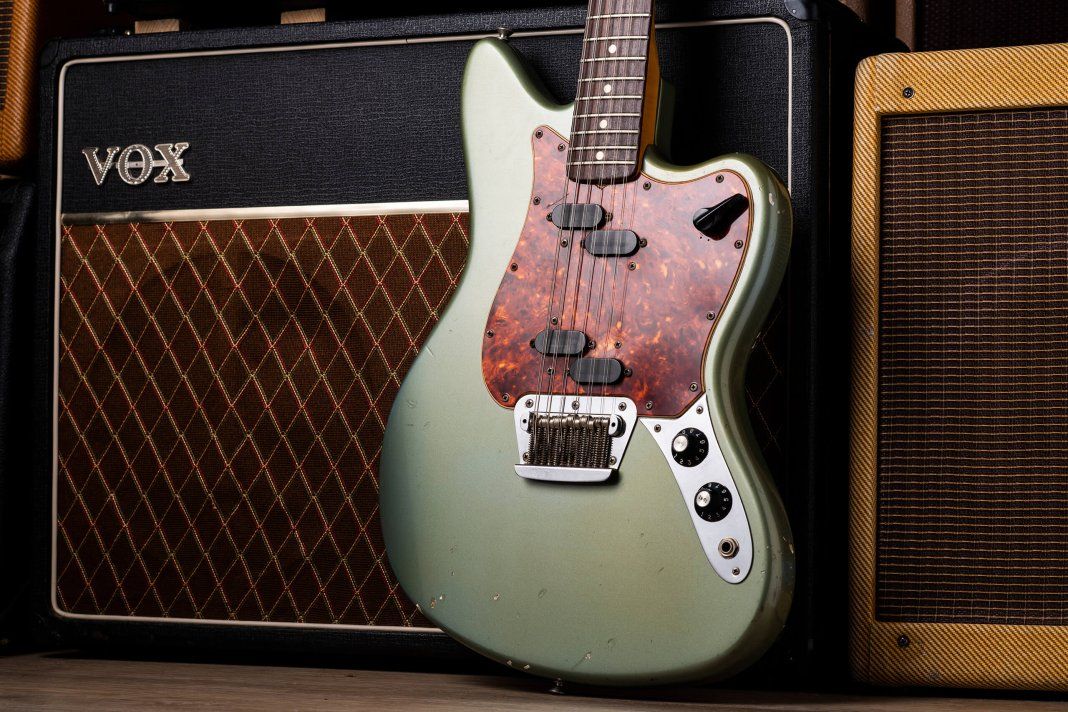
1963 Gibson J-200
Page’s 1968 Gibson J-200 is tied to one of rock’s most odd and enduring mysteries.
When heading into the studio for the first Led Zeppelin album, Page wanted a good acoustic for tracks like “Black Mountain Side” and “Babe I’m Gonna Leave You.” He borrowed the Gibson J-200 from a friend named Jim Sullivan. Sullivan was an American singer-songwriter who released two good but mostly unsuccessful albums in the late 60s/early 70s before literally disappearing in 1975.
Some speculate that Sullivan was abducted by aliens, a rumor fueled by his first album, “U.F.O” which featured a song that references alien abduction. However, the mystery remains unsolved to this day.
As for the guitar, it was returned to Sullivan prior to his disappearance. Some online blogs indicate the guitar ultimately ended up in the hands of Mickie Most, a producer who worked with Page and Sullivan. The whereabouts of the J-200 are unknown today.

“Number One” - 1959 Gibson Les Paul Standard
The guitar most closely associated with Page is “Number One,” a 1959 Les Paul Standard. He got this guitar in 1969 from Joe Walsh, and he’s played it consistently ever since.
Page has made numerous modifications to this guitar over the years. The neck was sanded down before he got it, possibly by Walsh. He replaced the Kluson tuning machines with Grovers and swapped the pickups numerous times. It was loaded with Seth Lover PAFs when he received it, but the bridge pickup was replaced with a T-Top humbucker. That T-Top was then replaced by a Seymour Duncan humbucker in the 90s.
The most well known mod, however, was to the electronics. Page swapped one of the knobs out for a push-pull pot so he could reverse the phase of the pickups. This likely occurred at some point in the 80s, and became synonymous with Page.

70s and On
These are the guitars from the latter days of Jimmy.
Martin D-28
Page purchased a Martin D-28 sometime in 1970, and it became his main acoustic. Page added a Barcus-Berry Model 1355 Transducer so the guitar could be more easily amplified.
“Number Three” - 1969/1970 Les Paul Deluxe
Not much is known about Page’s 1969/1970 Les Paul Deluxe, known as “Number Three.” He was first seen with it in 1970. It was played a lot in 1973 but went back into hiding after that. It didn’t pop up again until the 80s when he added a B-Bender.
Giannini GWSCRA12-P Craviola
The Giannini Craviola is an odd guitar of which Page had multiple. He used this to record “Tangerine,” as well as to perform the song live. Other than that, Page’s use of this guitar is minimal. The Craviola features a lute-like body shape, slotted tuners, rosewood back and side, and a spruce top.

1971 Gibson EDS-1275 Doubleneck
The 1971 Gibson EDS-1275 Doubleneck is easily one of Page’s most iconic guitars. Jimmy got the double neck directly from Gibson specifically so that he could play “Stairway to Heaven” live. Despite never really using it for anything else, it’s one of the guitars most closely associated with him.
As for specs, it has everything you’d expect on a typical Gibson other than having two necks. It’s a surprisingly normal guitar despite being such a unique design.
“Number Two” - 1959 Gibson Les Paul Standard
Number Two, another '59 Gibson Les Paul Standard, is another one of Page’s most used guitars. He first got it in 1973, but it didn’t see much use until a few years later. He often played “Kashmir” on this guitar, and he also used it occasionally for his violin bow solos.
What’s most notable about this guitar though are the mods. This guitar has been modified heavily, particularly the electronics. There were various switches, pots, and more added that result in this guitar having an absurd variety of tones. The Jimmy Page wiring is now a fairly popular mod and is based off this guitar.
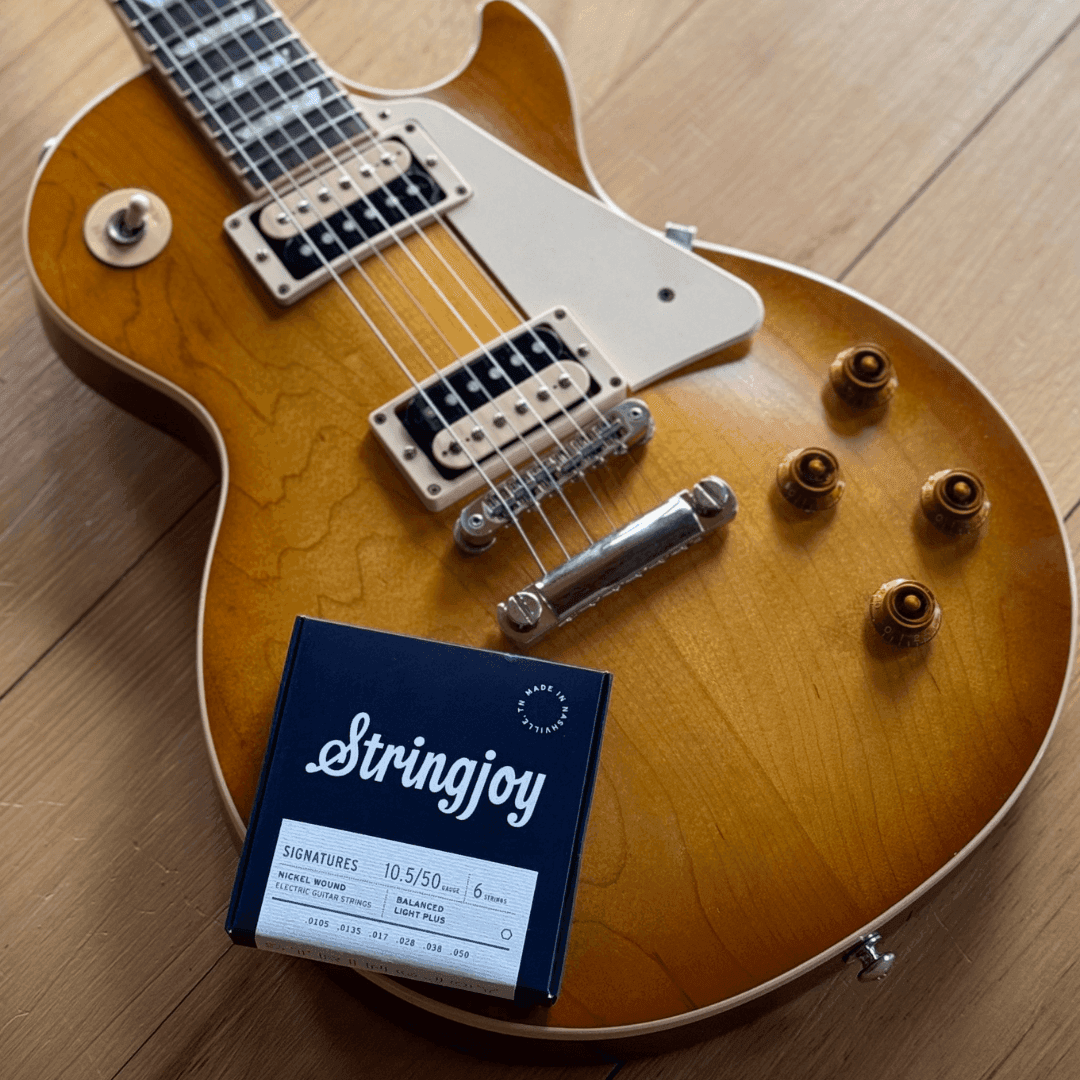
“Brown B-Bender” - 1953 Fender Telecaster
This 1953 Telecaster was acquired by Page in the mid 70s. After getting the guitar, he added a B-Bender and would later swap out the neck with the neck from the Dragon Tele. Page used this guitar a fair amount, but it wasn’t one of his main ones.
It’s also worth noting this guitar has a unique color. It’s painted in “Botswana Brown,” and there is no evidence of any other 1953 Telecaster having that color.
1964 Fender Stratocaster
Jimmy Page isn’t known for Strats, but he at least had one. This guitar was used scarcely live and in the studio. Page supposedly picked up the Strat at Electric Ladyland Studios in 1975, but the story is unconfirmed.
Gibson Les Paul TransPerformance
Page is no stranger to experimentation, and this Les Paul TransPerformance is an example of that. Gibson introduced these guitars in the late 80s/early 90s, and they feature an automatic tuning system. Page was an endorser of these guitars and he still owns at least one.
Despite Jimmy's approval the model didn't resonate in the market. Players simply weren’t interested in a self tuning guitar, and judging by more recent attempts to introduce similar systems, they still aren’t.
Jimmy Page and His Many Guitars
For all of the guitars in Jimmy Page's roster, the common denominator, of course, is Jimmy himself. Tone may come from the fingers and the soul, but guitarists know that different instruments bring about different ideas and sparks of musical imagination. For that reason it'll always be fascinating to investigate the tools that inspired an icon like Jimmy Page.
Other Posts you may like
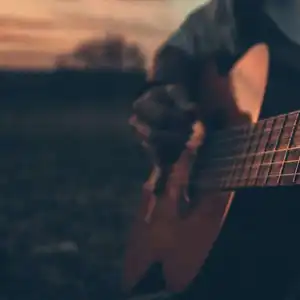
Guitar Strings Order: How the Guitar is Tuned and Why
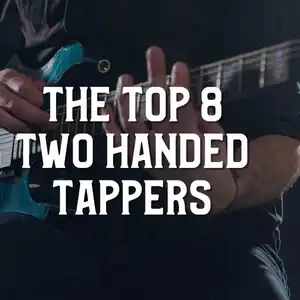
Two Handed Tapping: Our Top 8 Tappers of All Time
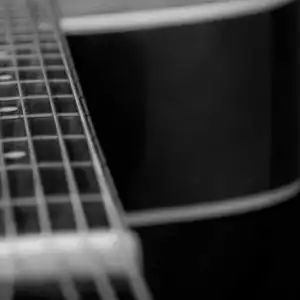
Which Guitar Strings Wear Your Fret Wire Down More?
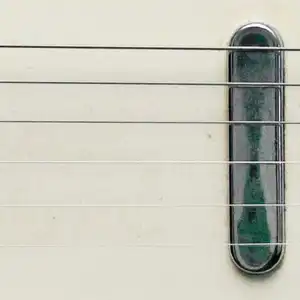
What is Nashville Tuning? Its History, Best Guitar Strings & Uses
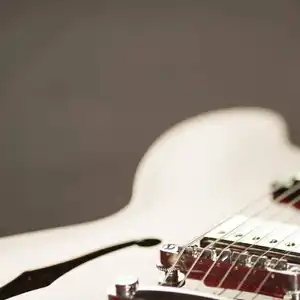
Guitar Scale Length Explained: String Tension & Playability
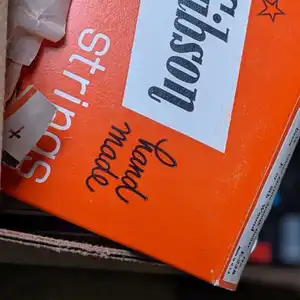
What Guitar Strings I Used To Play...
0 Responses
Leave a Reply
Your email address will not be published. Required fields are marked *

